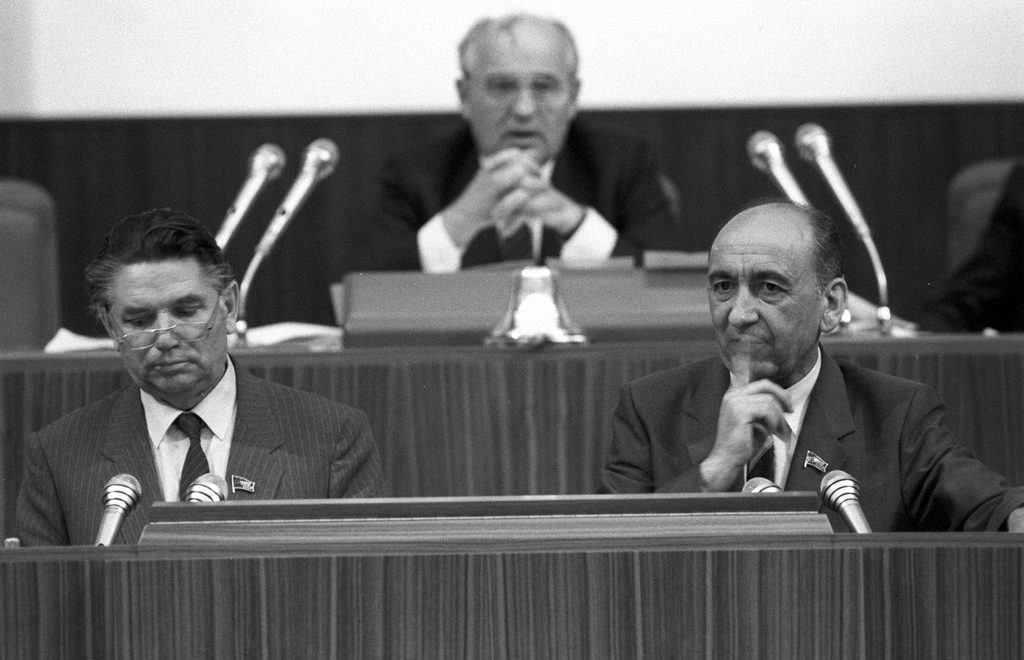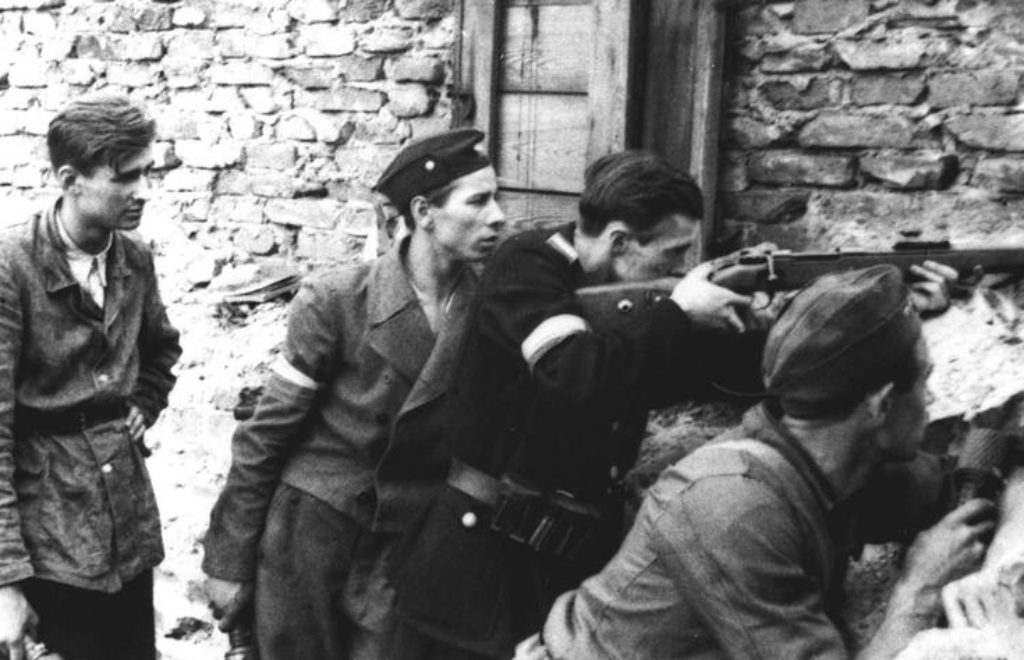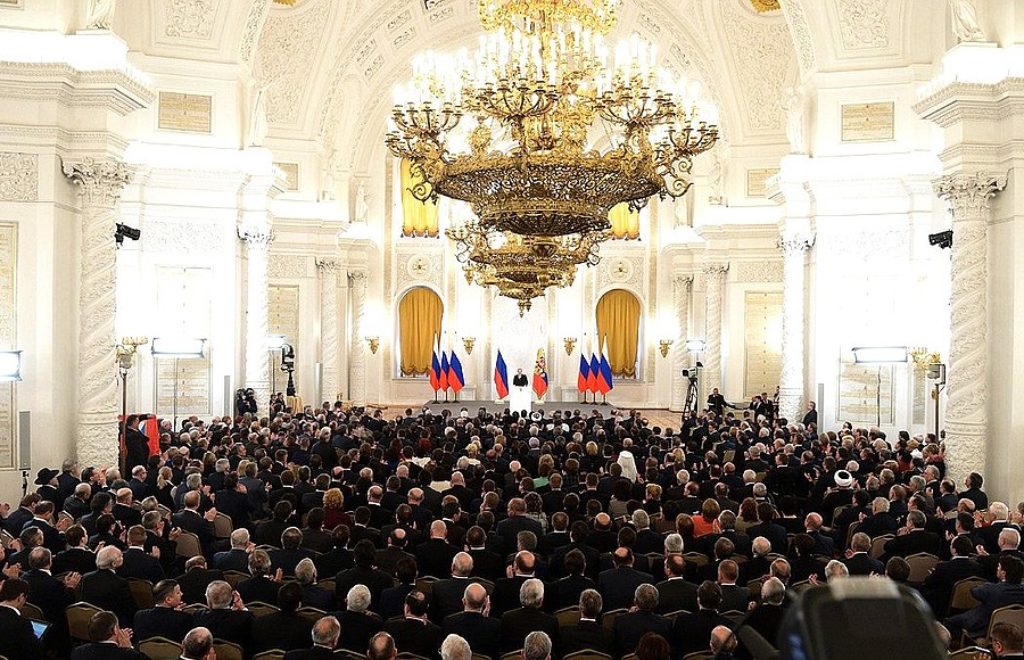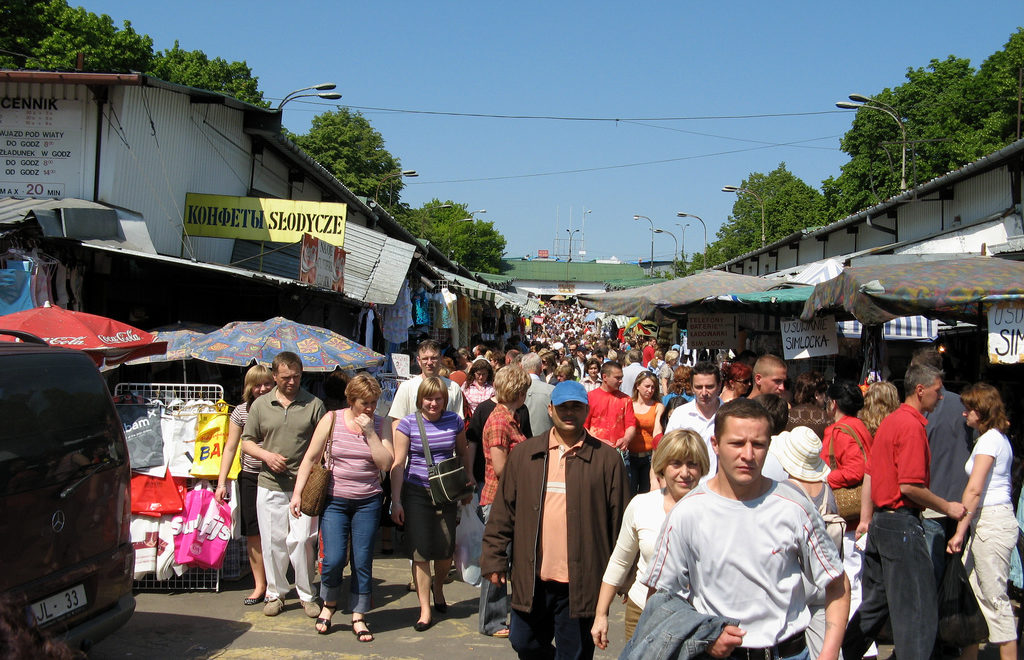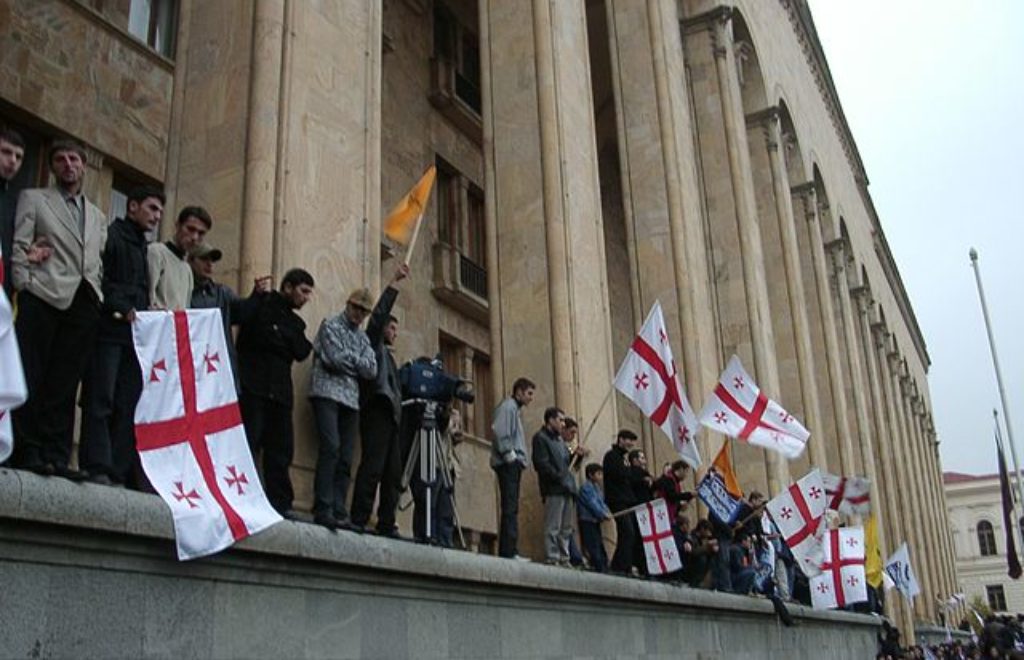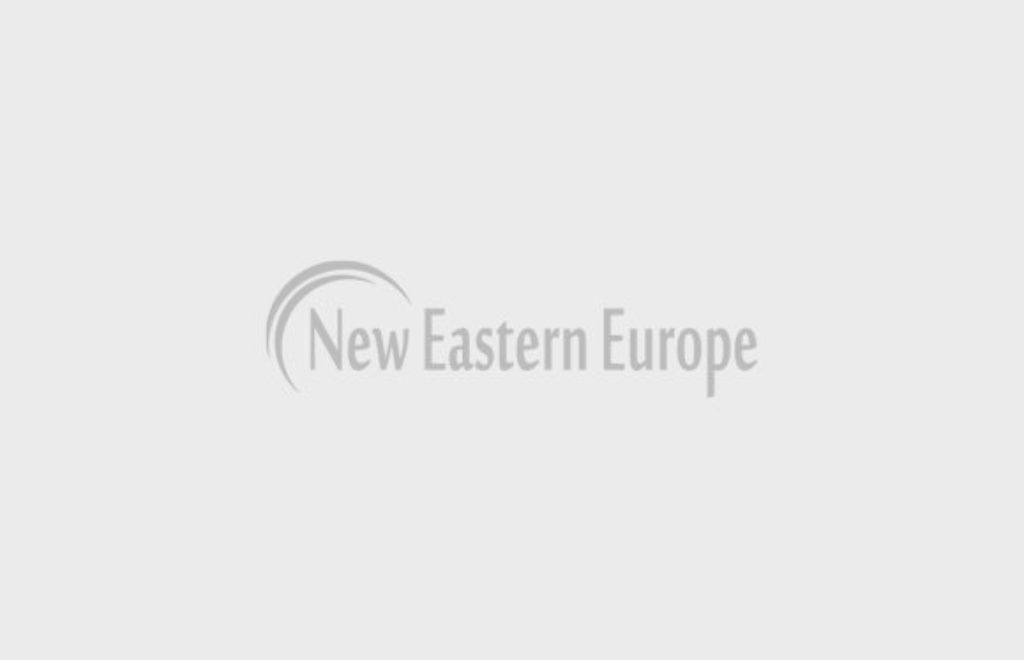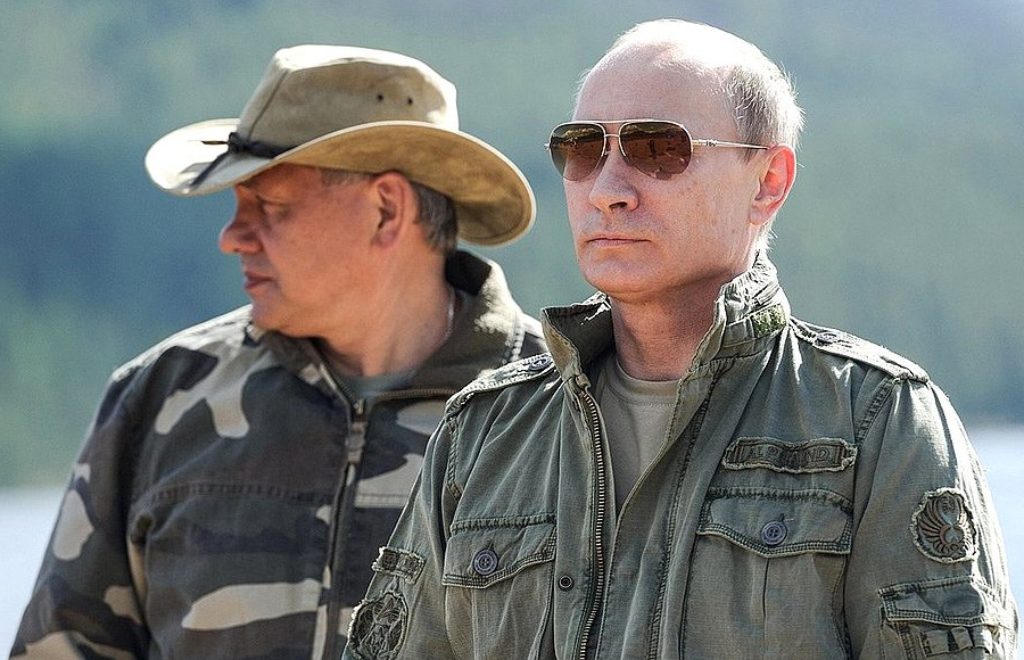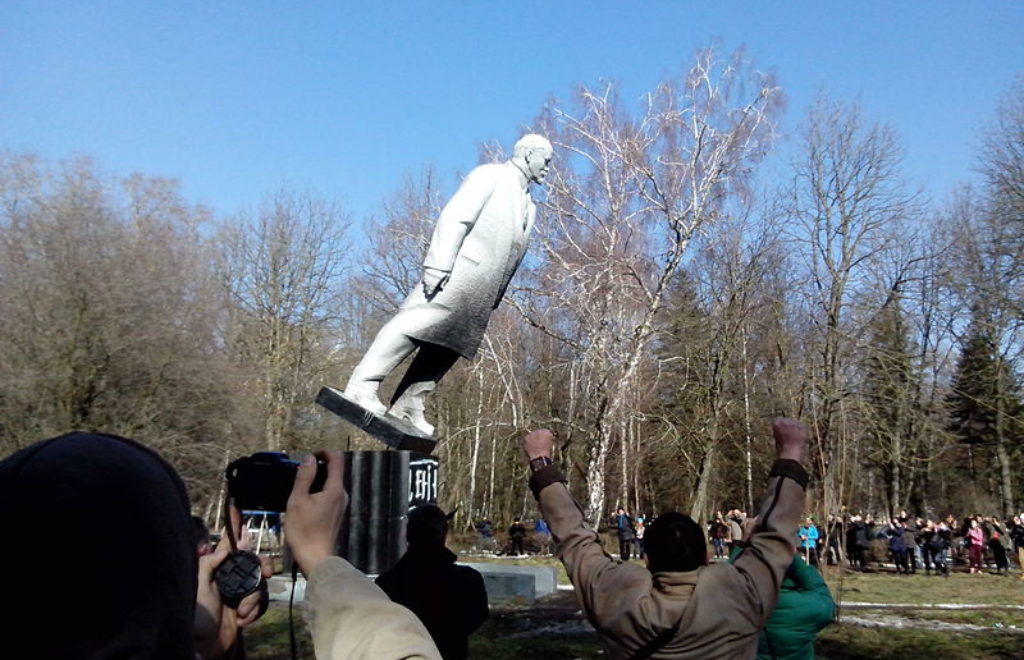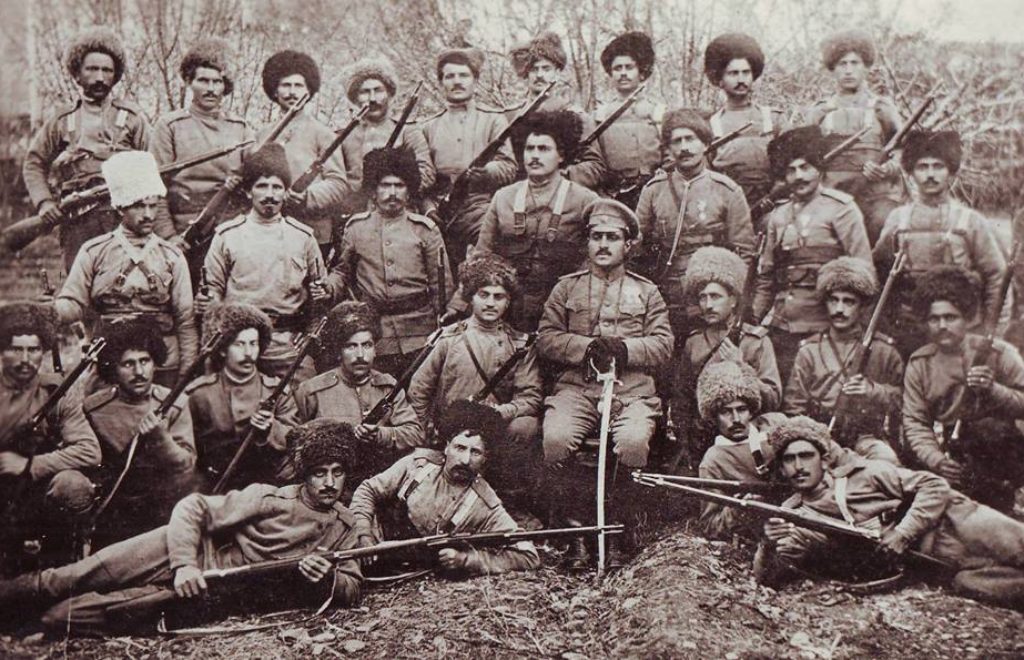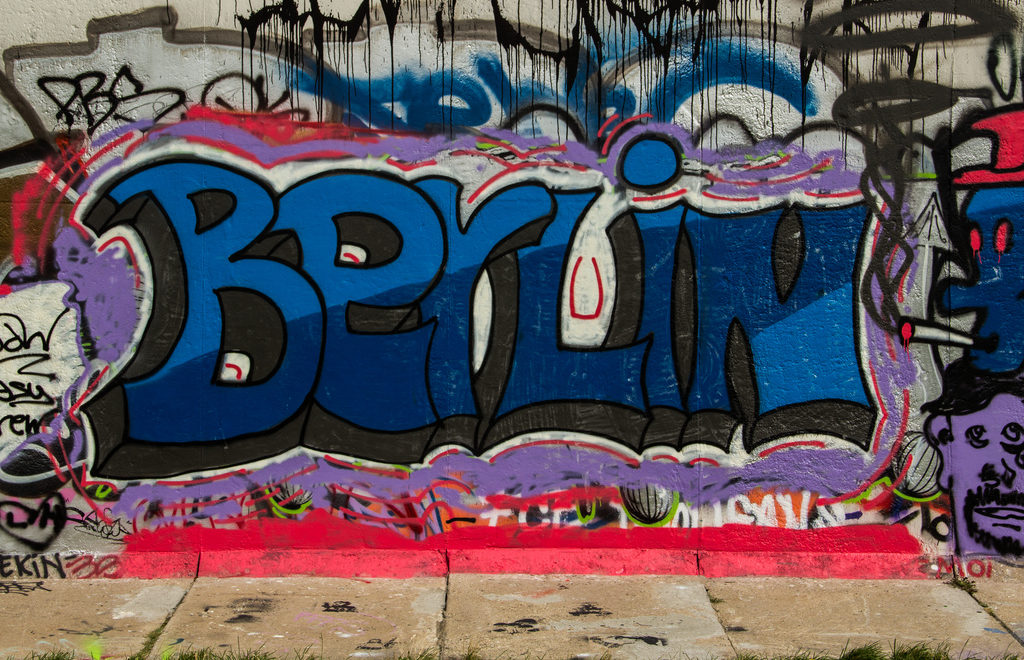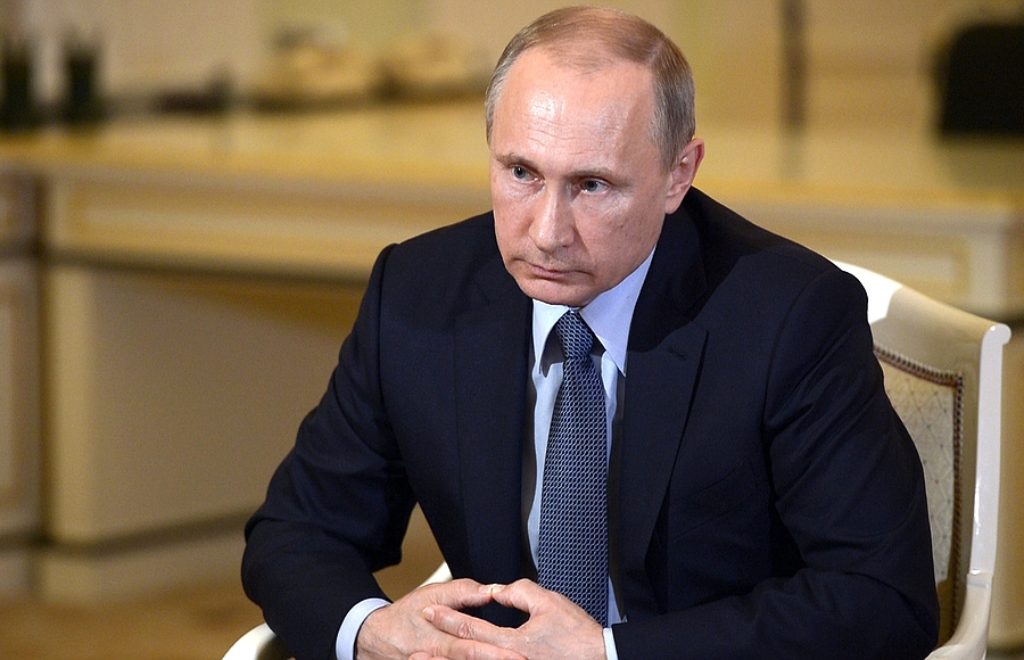The curse of perestroika
It became common in Russia to remember Mikhail Gorbachev only in the negative sense and to blame him for the “breakup of the Soviet Union” and further troubles of Russia. Only one person was worse than him – Boris Yeltsin – and nothing was possible to do with this stereotype. However this year has seen a new trend – on March 2nd, Gorbachev’s birthday, positive comments and wishes for long life were posted on Facebook and other blogs. He was thanked for perestroika, for the freedom he gave and the opportunities he provided. At such moments one becomes witness to how eras change: a new generation is emerging.
May 2, 2019 - Anastasiia Sergeeva


